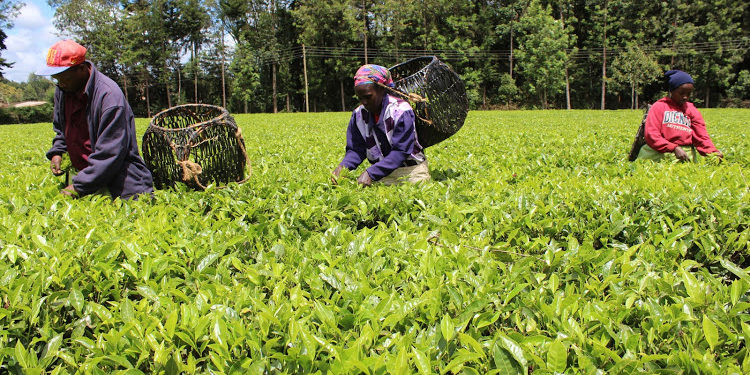Tea farmers are set to earn more following the automation of trading at the Mombasa auction amid concerns of price manipulation at the facility that determines growers’ bonuses.
Currently, buyers and brokers meet on Monday, Tuesday and Wednesday in Mombasa, where the auctioneer expertly coaxes potential buyers seated around a room to clinch deals.
The Sh243 million automation, which started in 2016, will end the practice of verbal bids in efforts to increase transparency.
The automation is also set to increase transparency in determining prices in the world’s biggest tea auction, selling produce from nine African nations, including Burundi, Rwanda, Uganda, Malawi and Mozambique.
“The automation of the auction will increase transparency in the tea export process especially in price determination. By reducing cost and shortening the trading cycle, it will contribute to an increase in the income of farmers even in the event that tea prices remain constant.” Eatta chairman Arthur Sewe.
The tea auction has lagged behind the Nairobi Coffee Exchange, which embraced electronic trading in 1998.
The Ministry of Agriculture was forced to set a minimum price of $2.43 last year as an intervention to lower earnings by farmers after the value of the beverage fell below the production cost, subjecting producers to losses.
The automation was a deal between Eatta and Trade Mark East Africa.
Read also; Prices Continue to Rise at Weekly Tea Auction.




